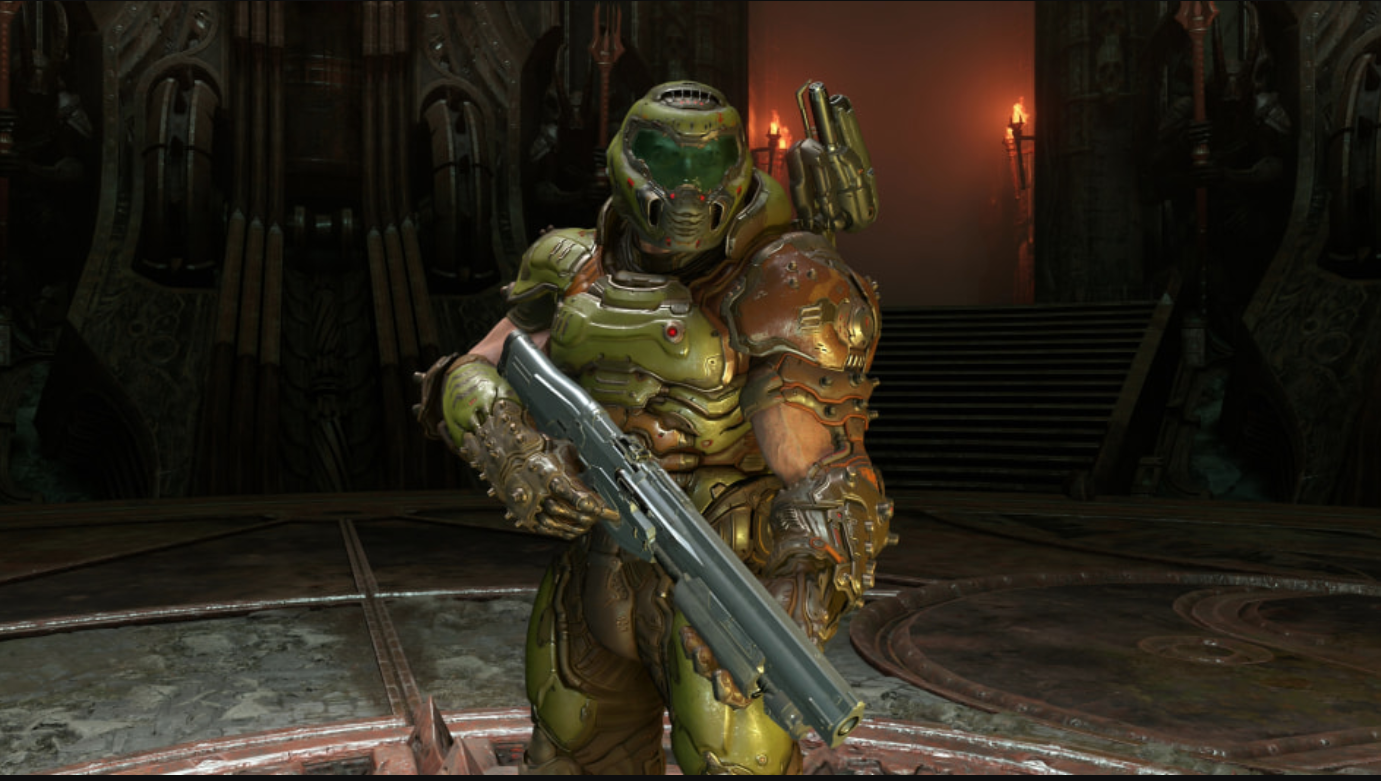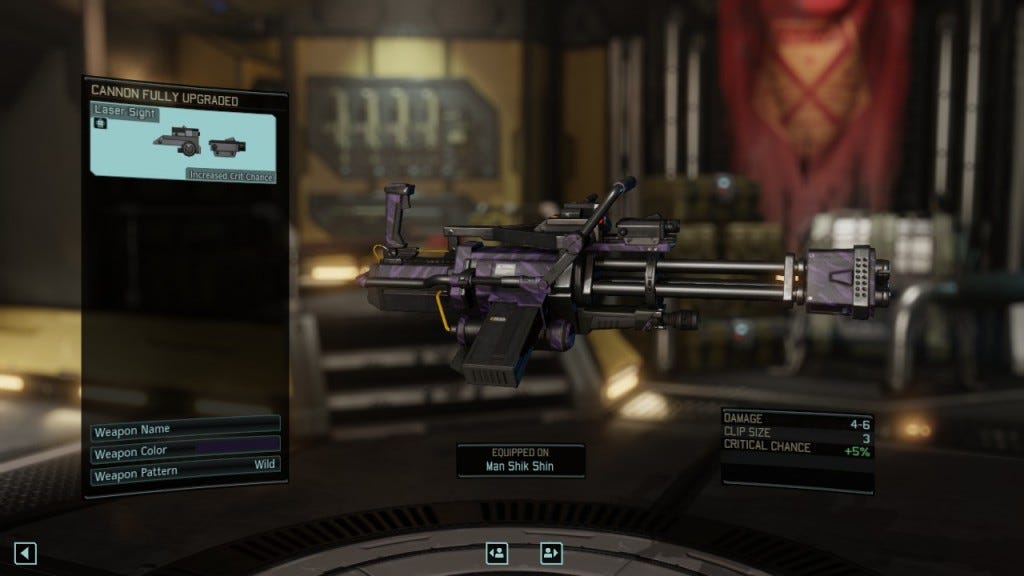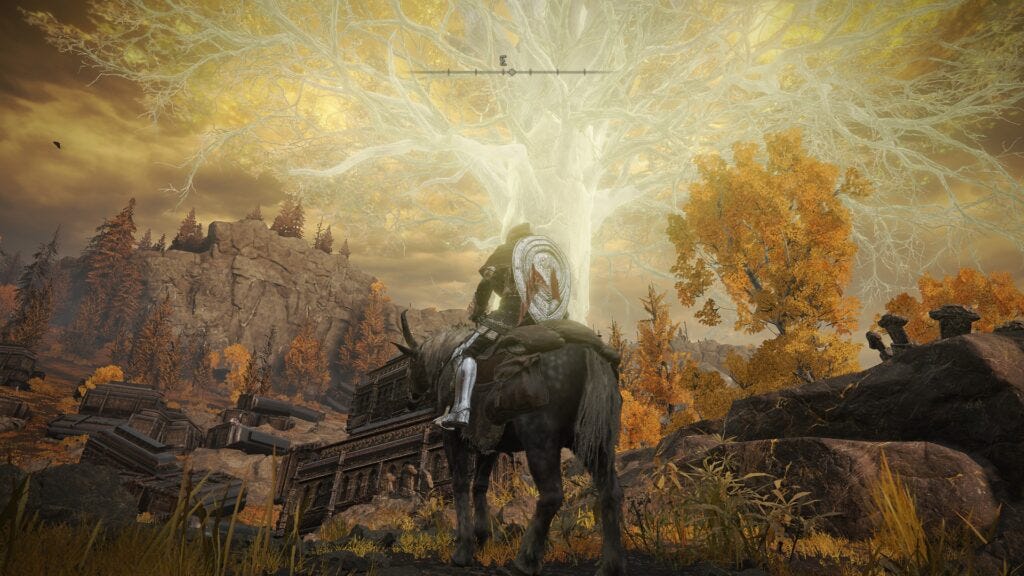How Hoarding Encourages Bad Game Design
Pushing forward from hoarding in games

Any videogame that has items, consumables, etc. in effect has an in-game economy. Balancing the cost of goods is something I’m sure is not high on the list of priorities by the designer, but this can often be a huge deal when it comes to the UX of your game and the difficulty factor within it. Many games have fallen back on turning gamers into hoarders because of this, and I want to talk about why in any situation this is bad game design.
What is Item Hoarding?
For anyone who has ever played an RPG, you’ve had to make use of tons of consumable items — buffing, debuffing, healing, reviving, and so on. Part of the long-term play of these games is effective item management — you can’t use that healing potion now, what if there’s a boss two rooms over?
Item, or resource hoarding, is prevalent in any game that limits the player’s options, and this doesn’t only mean consumables. Many tactical games will limit the number of times the player can use an ability — sometimes per mission, per battle, etc.
Forcing the player to make tough decisions about what to use and when is an important aspect of critical thinking in games, but the game needs to be balanced in terms of its item design and usage.
Gameplay Economics 100
When it comes to videogames, while consumables are not all created equal, there are some basic universal rules to keep note of when designing your game around them. The more important, vital, or required for survival an item is, the easier it should be to replenish and get access to it and the reason I’ll get to in the next section.
Some games will make basic items like healing and saving hard to get or expensive. While this can work for horror/survival games, that is a different mindset compared to other games. For games that are built on turn-based or limited actions, you want to make each item very effective as the player is giving up their turn to use it.
Source: YouTube.
There has been a relic of older games with designing super items whose utility is so great that it reinforces this hoarding behavior — an item that fully heals your entire party, fully restores MP, weakens the enemy, etc., but there are only two in the entire game.
Item hoarding is one of those topics where I see defenders state that it makes the game “challenging” to always restrict the player’s options, but I can finally talk about why that is not the case, and offer a better alternative.
Punishing Plays
Item hoarding is always about short-term decisions having mid to long-term impacts on the player’s ability to progress. If someone uses up all their healing potions, they must stop what they’re doing, get more, and that’s just dead time, or wasted time, in the game.
In previous talks about progression, I discussed that players need to feel that they are always moving forward, not backward when playing a game. The first problem with creating situations where hoarding is encouraged is that it makes the player feel worse when they lose. Not only is someone punished for not winning, but they are pushed backward by losing resources on top of it.

Many challenging games are designed around the knowledge that the player is going to have items to give them an edge against a difficult fight, which leads to bosses and situations being scaled with those items. If the player is all out and can’t afford more items, they are going to be in for a rough time. That last sentence takes me to one of the most popular defenses I hear from gamers when it comes to removing or rebalancing consumables, which is “I can beat everything without using those items, they’re not even needed if you’re good.”
The biggest problem when it comes to item design and hoarding is that it doesn’t create challenges in a game, but punishment aimed at less skilled players. In every game that has items and consumables, expert players who have mastered the game will never be punished for using them. Either because they know exactly what items to use, or they’re so good that they don’t need to use them.
For everyone else, having to restock items constantly is an unnecessary twist of the knife after they have lost an encounter and must restart. To make things worse, many games already limit the number of consumables that someone can hold at one time, so there is already a limit on how much the player can use at once and the necessity of restocking is just more punishment.
The issue with item hoarding is that it’s not interesting or challenging to punish players long-term because the counter is to only play the game one way and any deviation will lead to failure. Not only that, but strict limitations stifle the player’s ability to use every option available to them if they think that there is a worse situation that will never come. If you want to have your cake and eat it too with powerful, limited-time options, there is a better way of doing it.
Push Forward Playing
There’s a big reason why I’ve come to enjoy “push forward” combat design, as it provides the short-term weight of item usage and consumables without the long-term punishment that is normally associated with it. While I can certainly talk about Doom Eternal and Doom 2016, we can see this in a smaller form with the original Dark Souls and the introduction of the Estus flask.
Giving the player a consumable, but infinitely refillable, healing item, means every player is on the same page in terms of their healing options. No one is punished for using it, and there are upgrades to it that act as further progression in the game. The player still must weigh the options of when to use their Estus healing, and this becomes a factor with the risk/reward of exploring. Running out of Estus is not a game over or a long-term punishment, all the player needs to do is return to a bonfire and their stock is instantly restored.

In a way, push-forward design is a similar psychological trick to get players to do something like the introduction of “rest XP” in MMOGs by changing the perception of a mechanic. Look at Diablo 2 vs. Diablo 3 when it came to healing potions. In D2, the player had to always carry a small pharmacy of healing potions and had to constantly restock them before and after a major fight. There is no decision-making or greater gameplay present in this choice. In D3, everyone gets one healing potion that is infinite, but there is a cooldown between consumption. This also created the dynamic of having healing potion equipment that could enhance the properties of your potion.
Both healing mechanics have the same purpose of limiting the player’s availability to heal, but one comes with punishment and downtime while the other does not.
Cleaning Up
Item hoarding, to me, is a relic of older games and doesn’t really fit game design, or good game design, in today’s market. There are far more effective ways as I talked about to create the decision-making behind limited options without the long-term consequences that come with it. There is a difference to someone between saying “here are 10,000 uses and then it’s gone” vs. “you can use it whenever you want, but then it needs a minute cooldown.” If you want the player to use all the options in their toolbelt, then you can’t make them think that they are being punished for using them.
For the reader, can you think of a good example of consumable or limited-use options that I didn’t mention here? Let me know in the comments or on Twitter
